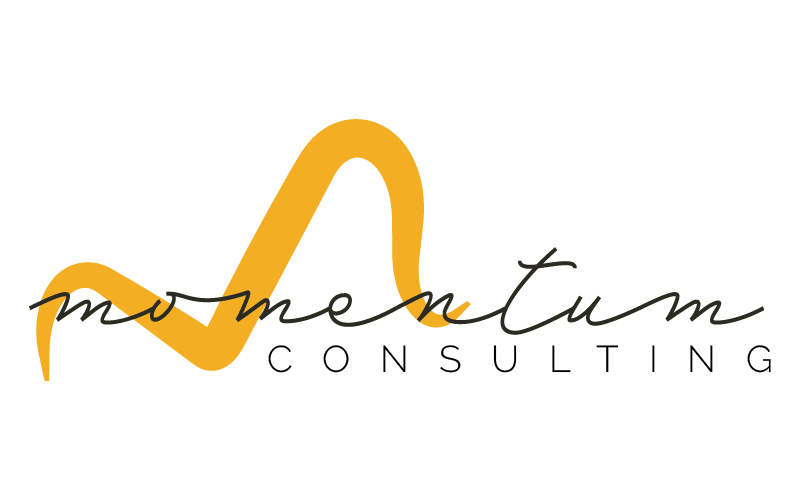7 Ways to Bring Back Honest Debate, Open Up Dialogue, and Make Time for Strategic Curiosity Within Your Remote Agency
Written By Danielle Fauteaux
Remote working has brought with it a variety of benefits for employees and employers alike. However, it’s also brought some challenges for managers to navigate to ensure the productivity and culture of their agency stay strong.
One area where marketing agency managers may be struggling is having open dialogue with their remote employees and building strong rapport and openness with new team members.
It can be easier to foster honest debate and strategic curiosity when you have face-to-face interactions with people. And some of the best creative ideas or the voicing of concerns comes out of those chance encounters you experience on a regular basis when you’re sharing a physical space with someone.
In a virtual environment, managers of remote agencies have to be more intentional about cultivating a space where team members feel comfortable speaking up and also giving them opportunities to do so.
How to Engage Remote Employees
A majority of employees are not comfortable voicing concerns or providing dissenting opinions in the workplace as it is. Add in digital communication platforms, less overall interaction, and other characteristics of the remote work environment, and overcoming self-censorship is all the more difficult.
If virtual leaders want to ensure effective communication with remote workers, they have to actively engage them in the right way. That applies to the methods you use for engaging your remote team and also how you do so.
Here are some ways to help you bring back honest debate, promote open dialogue, and create time for strategic curiosity with your remote marketing agency:
1. Vocalize Your ‘Open Door’ Policy Regularly
You may assume team members know you want them to speak up during meetings and that you welcome their insights and feedback, even when it’s contradictory or negative. But it doesn’t hurt to reiterate this on a regular basis and encourage them to do so in remote meetings, whether they be group gatherings or one-on-one check-ins. When an employee does bring up a potentially controversial issue or give a dissenting opinion, acknowledge that it must have been difficult and thank them for trusting their position on the team enough to share their dissenting point of view.
2. Implement a Variety of Tools
In order for you to have interactions that support effective dialogue and debate, you have to implement the right communication platforms. Fortunately, as remote work has become more pervasive, there is an abundance of tools for workplace communication and increasing engagement, from Zoom and Microsoft Teams to Slack, Jabber, and OfficeVibe. With input from your team members, choose which tools will be most useful. You’ll likely end up using a variety to create the optimal virtual work environment where employees are encouraged to engage. For example, recordable screen-share videos may be an easier method for team members to communicate about complex topics or answer questions in-depth than writing it in an email.
3. Create a Specific Role for the Task
It’s inevitable that some employees will be deterred from speaking up because of power dynamics. As diplomatic, honest and encouraging as you might be, there is still a hierarchy that can be intimidating to many people. However, they may feel more comfortable voicing concerns to a coworker.
One idea is to assign an employee with the responsibility of playing devil’s advocate, challenging ideas, or dissenting on behalf of the team—regardless of their personal views. Making it an assignment rather than an invitation or option helps neutralize the discomfort around the issue.
You can pick one person who is generally more confident speaking up or who is trusted by other team members, or you can cycle the role through your team every couple of months. This gives everyone the chance to practice thinking objectively about opposing viewpoints and then articulating them.
4. Conduct Regular Check-ins with Team Members
Even in a remote agency with team members working independently, it’s important to have some regular check-ins as a team, for departments, and with individuals. You can set them at a frequency that is both feasible and necessary for you. It’s generally helpful to meet as a whole team at least once per week.
Certain departments may also meet weekly, or biweekly or monthly meetings may suffice. Use this as an opportunity for updates and work-related questions, presentations about company wide matters, and just checking in on people. In a similar manner, try to meet individually with employees on a regular basis and see how they’re doing, both in their professional capacity and in general.
If you can demonstrate that you genuinely care about your team members on a personal level and how they’re balancing work with other aspects of their life, you’ll foster a level of trust that translates into them feeling more confident speaking up. Also, certain employees may be more comfortable asking questions or voicing their concerns in a one-on-one setting.
5. Make Communication Interactive but Efficient
It may sound simple, but one of the best things you can do to encourage team members to provide feedback and insights in meetings is to ask open-ended questions, rather than simply speaking at them or telling them the information. You also can make workplace communication more interactive using digital surveys and polls. These are a good starting point for getting contributions from all team members and then having a discussion based on that feedback.
6. Make Sure Materials are Accessible
If you want to get feedback on a project or a company strategy, make sure all relevant materials on the topic are easily accessible to all employees. You can house them in a file on your company server or send them out in an email ahead of a meeting. Team members may be more confident asking questions or engaging in an honest debate if they feel well informed and have had a chance to develop their talking points ahead of time. This is especially relevant if you’re engaging them in strategic planning or long-term program development.
7. Don’t Neglect In-Person Activities
If you can, try to create occasional opportunities to gather with your team outside of business hours and in an in-person environment for a staff fun day or company dinner. This professional fellowship can be instrumental in building and maintaining camaraderie and collaboration. Obviously, if your team is spread out geographically, this will be more challenging. But if you all live in the same general area, make it a priority. Even gathering once per quarter or twice per year can go a long way in nurturing personal connections that translate into open, honest communication in the workplace.
Strengthening Communication in a Remote Team
Communication is indispensable in the workplace, especially when it is open, honest and fueled by genuine curiosity and a spirit of collaboration. As an agency manager, it falls on you to set the example, provide the right tools, and create an environment that fosters this type of communication.
I offer business coaching to help you assess where your team is at right and figure out how to get you where you want to go for more productive, collaborative outcomes.
Building a successful business takes grit, a focus on your value, and sometimes a *loving* kick in the pants.
Needing an ally as you achieve your long-term goals?
I’d be happy to help.

